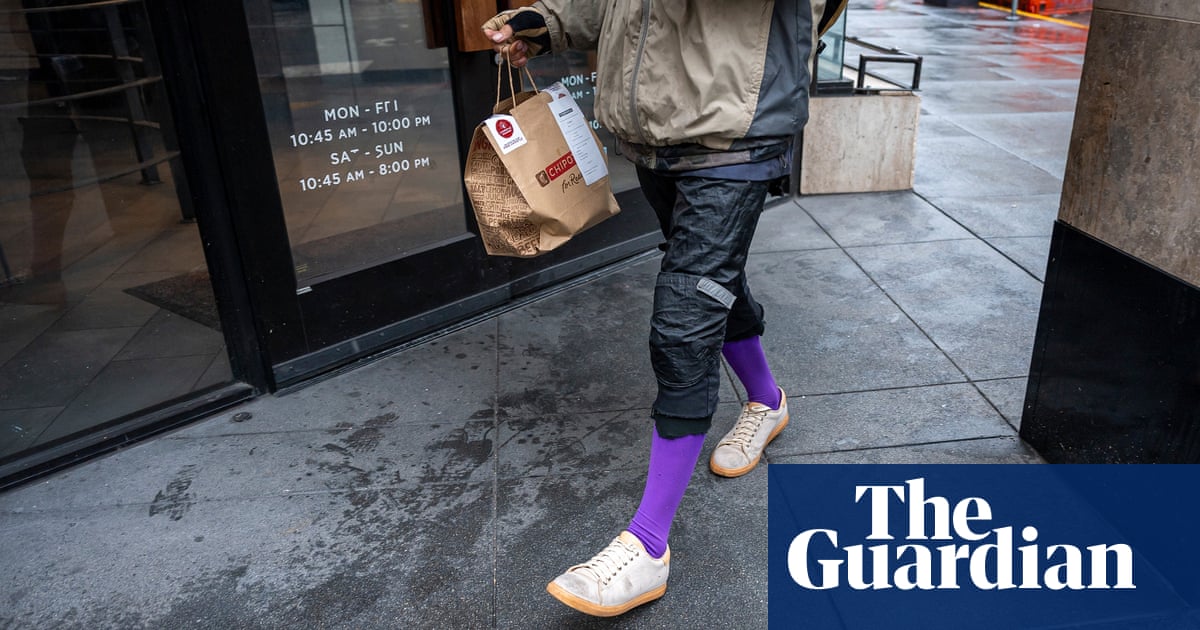The rise of remote work has been a significant trend in recent years, especially accelerated by the global pandemic in 2020. For many professionals, the shift to working from home has brought about a newfound sense of flexibility and autonomy in their work lives. Chris Blondell, a 33-year-old SEO strategist based in Philadelphia, shares his personal journey and experiences with remote work in a candid conversation.
Blondell’s first encounter with remote work came during the pandemic when his corporate content creation job transitioned to a work-from-home setup. As someone whose work primarily revolves around a computer, the shift from office to kitchen table was seamless. He found that working remotely allowed him to set his own schedule, run errands throughout the day, and focus on tasks without workplace interruptions like office small talk.
In 2021, Blondell took on a new role as an SEO manager that required full-time in-office presence. However, feeling micromanaged in this position, he decided to pivot to freelance writing for the flexibility it offered. While freelancing provided autonomy, it also came with the uncertainty of guaranteed pay and benefits, prompting Blondell to seek stability in a full-time digital marketing job.
After five months of freelancing, Blondell found a dream job as an SEO specialist at a digital marketing agency located 80 miles away from his home in Philadelphia. The position offered enticing benefits such as paid leave, retirement contributions, and profit-sharing bonuses. However, the catch was that the job required full-time in-office work, a non-negotiable policy for the company.
Despite the attractive salary and benefits, Blondell realized that sacrificing his flexibility and autonomy in exchange for a traditional office setting was not worth it. He declined the offer, recognizing the importance of having the freedom to structure his workday according to his preferences and needs.
Subsequently, Blondell continued his job search, this time prioritizing roles that allowed for a mix of remote and in-office work. He eventually landed a position as a public relations and placement coordinator at an advertising agency, offering benefits and the flexibility to work from home or in the office.
For Blondell, the key takeaway from his experiences is the value of having control over his work environment and schedule. While he acknowledges the benefits of occasional office visits, he emphasizes the importance of being able to work on his own terms. Whether it’s from a coffee shop, bookstore, or friend’s house, the freedom to choose where to work has significantly improved his quality of life.
In conclusion, Chris Blondell’s journey exemplifies the evolving landscape of work preferences and the growing importance of flexibility in the modern workplace. As remote work continues to gain traction, professionals like Blondell are prioritizing autonomy and work-life balance in their career choices, seeking opportunities that align with their individual needs and preferences.
















